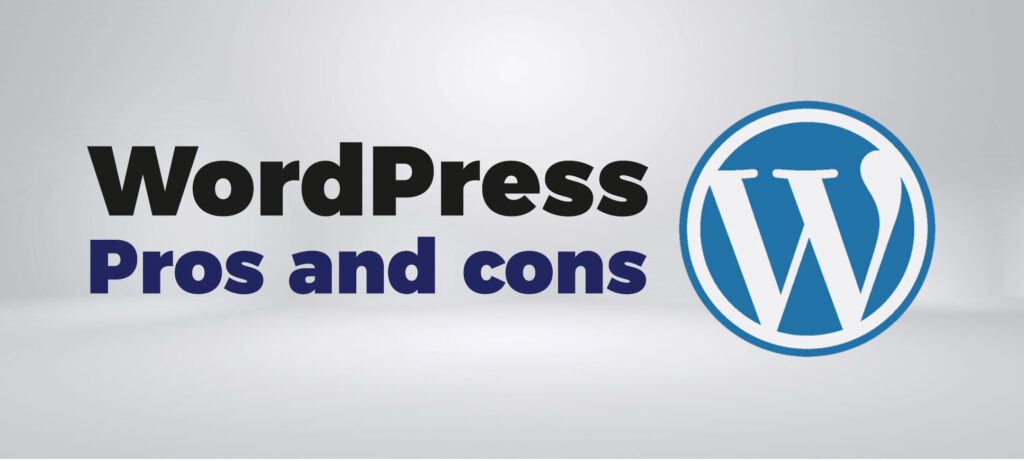Everybody heard at least once about WordPress, they probably don’t know what does it mean properly, but they know it is something related to the internet.
It is an effective free tool that has 50% of the website building market.
Other new tools such as Wix (We’ve talked about it already.) are now WordPress’ competitors.
It is a CMS (Content Management System) created to simplify websites development in 2003 by Matt Mullinewg and Mike Little.
The tool is free open-source software, very easy to adapt even if you don’t know how to code.
WordPress has two versions: wordpress.com and wordpress.org.
What are the differences between those two?
WordPress.com is handy for beginners as you can select a template and install it in a few clicks.
Essentially, when you decide to go with wordpress.org everything is on you, downloading the software and installing it, and of course, maintenance is your responsibility.
However, this version has more options and is easier to customize.
Let’s discuss its pros and cons then you can decide if the tool suits you good or not.
Pros
1 – Tons of different templates
It has many templates for you to pick, and all of them are user friendly, they have good SEO performance included and the content creation tool is a piece of cake.
If the template does not have a particular feature, you can easily download a plugin to sort it out.
2 – It is open source
If you pursue good front-end knowledge, you can customize your code as much you want, just remember the codes are in PHP, and it is a clever idea to have a backup, in reason of, if you change and save something wrong, the template will behave incorrectly.
3 – Integrates with the server
Hosting companies typically have a straightforward method to install WordPress on the server, you can note it on almost all C-Panels just a click away.
4 – Updates every week (almost).
WordPress has a big concern about the security of its products and customers, so they frequently do updates, in addition, the plugins you had installed also do some updates from time to time.
5- The community
The tool has a massive community of developers, consequently, countless thousands of websites have classes, tutorials, etc. In addition, forums where you can find answers to your queries easily.
The customer support forums and ticketing systems are extremely useful.
You can attend to Wordcamps (WordPress lovers conferences) to increase your network inside the community.
Cons
1 – Free plugins don’t work well sometimes.
Plugins are a convenient solution for lots of issues during a website construction, although it could be hard to find one applicable to your template and then when you finally find a good one it has only a paid version.
2 – Support
As we mentioned before the support forums are good. But it does not have a live chat for example to sort our doubts rapidly.
3 – Security
WordPress creates weekly security updates, but as the admin is responsible to decide when it will be updated, it could leave an open door to hackers, because the owner commonly forgets to access the panel to check for updates.
4- Page Speed
All CMS’s receive the same complaints from users. The page speed is not good which could cause an awful user experience.
Just to be clear it depends on the template you’ve chosen.
5 – The website can go down without notice.
WordPress never tells the admins about necessary maintenance or technical issues the website may have.
Your site could be down for days until you realize the problem, causing a considerable loss for your business.
To reach a final conclusion CMS’s in general are practical tools to speed up our day-by-day workflow, however, we might face some issues, and sometimes they are not the best solution to our projects.
PS: This blog uses WordPress.
Are we forgetting something?
Let us know your opinion about WordPress in the comments.
Wrote by: Rafael de Rezende Basso
